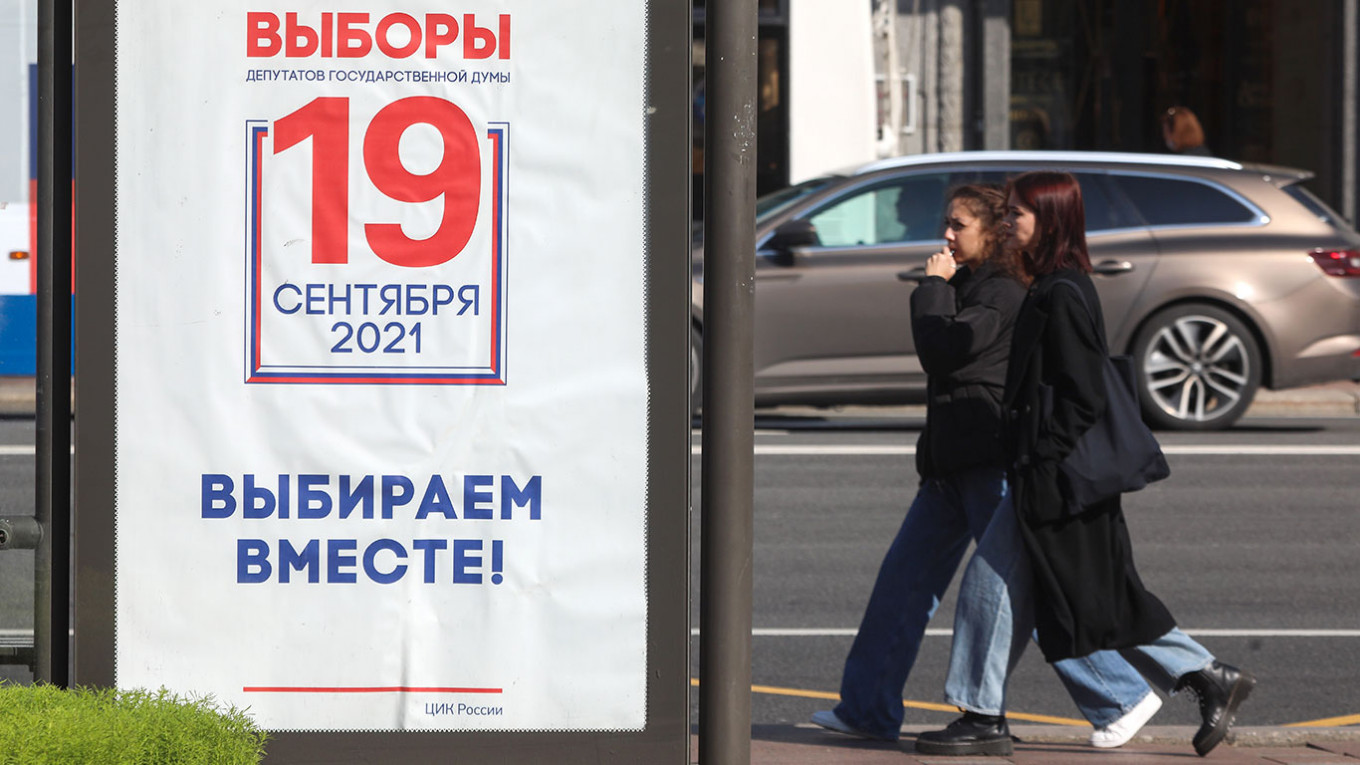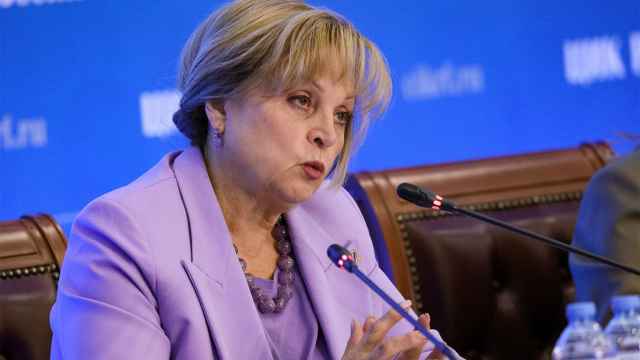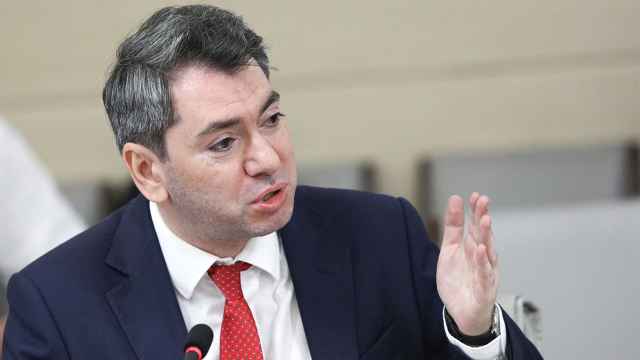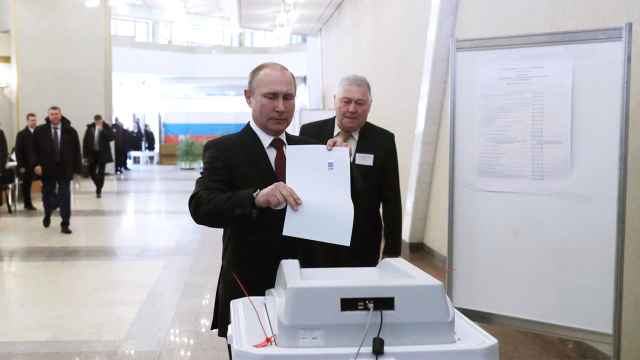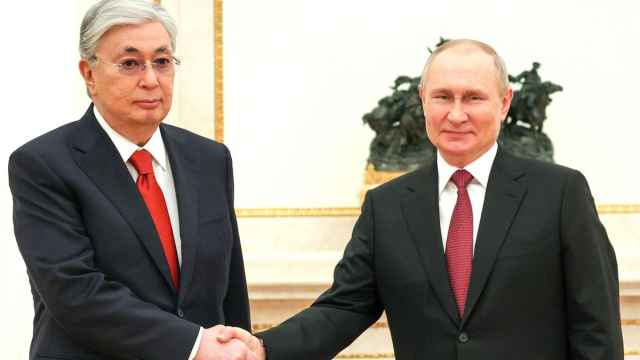Outside the government’s channels and mouthpieces, it is hard to detect that much enthusiasm for the forthcoming State Duma elections.
This is, of course, understandable — the ‘non-systemic’ (‘non-housetrained’) opposition has faced a massive campaign of exclusion and suppression, United Russia offers little beyond some targeted sweeteners and generalized platitudes, and the new three-day/online-and-physical format is an obvious boon to vote-rigging.
They cannot be considered free and fair elections. Even if the poll were conducted in an entirely above-board manner (which, given past practice, seems vanishingly unlikely), the campaign of disinformation and dirty tricks in the campaign precludes that.
In particular, as the Kremlin seems to have decided it needs to retain its two-thirds constitutional majority — essentially because to lose it would be taken as a sign of weakness — then it cannot let them be fair.
Yet for all that, it would be a mistake to consider them unimportant, or to presume that Russia has been turned into some kind of dictatorship. Democracy is difficult to create, easy to distort, but actually surprisingly hard wholly to destroy.
If the Kremlin simply abandoned elections — as some claim is the intent, although based more on assumptions than evidence — there can be no doubt that this would be a serious blow to its credibility and legitimacy. So long as they continue, though, they force three things upon the regime.
Covert democracy
First, a need to consider the will of the people, even if just to identify which groups to cultivate and which to suppress, which issues to champion and which to ignore. The irony is that genuine democracy is meant to ensure that public interests are addressed by the government; it turns out that, to a degree, controlling and faking democracy also requires the same.
One of the regular tropes of Russia-watching is the rhetorical question of “when with the people tire of their elections being stolen?” Although the unexpected recent popular rising in Belarus is a reminder that authoritarians and pundits alike can be caught by surprise, there seems very little reason to believe that there will be any major protests following this poll.
Indeed, a desire to forestall such an outcome seems to have been at least part of the impulse behind the recent crackdown: front-loading repression before the vote to try and reduce the degree to which the counts would need to be rigged.
Lukashenko’s mistake was to assume he could announce an insulting implausible result without consequences.
The current unsavory alliance between the Presidential Administration’s political technologists and the security agencies is instead counting on targeted repression ahead of time, amplified by the media, to deter and demoralize.
Combined with the artful use of single-mandate constituencies to guarantee United Russia a solid advantage, the hope is that the gap between the genuine vote and the one announced can be narrowed, to minimise the kind of generalized outrage that fuelled the Belarusian rising and also contributed to the protests that followed Navalny’s arrest in January.
Repression is not enough, though, and there is also an evident desire to address certain issues which represent particular irritants. After all, that is why United Russia, the Presidential Administration and the security agencies all poll exhaustively, precisely to try and identify potential trouble-spots and easy wins.
Pluralism in Potemkin politics
Second, even Potemkin politics require a recognition of pluralism, however constrained.
It is easy to characterize the ‘systemic opposition’ parties as spoilers and quislings.
That is, to be sure, their role in the Kremlin’s thinking. Yet for them to do their job, even if they vote the government’s way on all the crucial issues, they need to be granted a degree of latitude to articulate their own platforms.
The Liberal Democrats largely confine themselves to crass nationalism and crowd-pleasing fancies, but the Communists have begun expressing a much more serious critique of the status quo, and the smaller ‘systemic’ parties have also issues on which they are willing to present alternative views.
Of course, none of this will seriously sway the government. Of course, the official media remains slavishly yoked to the United Russia line. Of course, opposition parties’ and politicians’ capacity to reach the wider population is controlled, and often inversely proportional to their willingness to use it to criticise the Kremlin.
But nonetheless, these critiques are out there, and more broadly, the whole political process imposes a shared acceptance, in theory at least, of the fundamental principles of legitimacy not through the divine right of kings, nor even ideological correctness or technocratic competence, but public approval.
That does not necessarily mean a yearning specifically for a Western-style democratic system (of which there are, after all, a range of flavors), any more than we should assume resistance to the Kremlin also translates into liberalism. Nonetheless, from election campaigning to Putin’s regular ‘Direct Line’ call in, the Kremlin is forced to maintain what it likely finds tedious and irksome traditions for the very reason that it must genuflect to this principle.
Hope
Finally, so long as there are elections, there are campaigns, and these offer hard schools for the next political generation. Navalny may be behind razor-wire in Vladimir IK-2 and his organization shattered or forced into exile, but his ‘Smart Voting’ programme has not been destroyed, even if it has been relegated to Telegram.
There is a cohort of younger politicians in the Communist Party and several other ‘systemic opposition’ parties that actually believe their job is to oppose the government. Beyond that, there are still independent candidates who have managed to get themselves on the ballot.
Will many win? Almost certainly not, despite the sincerity of their causes and the enthusiasm of their campaigners. But their actions, coupled with the continued public concern about voting irregularities — increasingly amplified on social media — demonstrate an encouraging continued vitality to Russian political culture.
It is hard to see any signs that the waning years of late Putinism will see anything but continued repression, even if the regime seems to want to keep it as limited and targeted as it feels possible.
But all things end, and just as the politics of all the post-Soviet states were shaped by the often seemingly-futile campaigns and activists of the 1980s, so too the current electoral process, however rigged and policed, will help the next generation to shape Russia.
A Message from The Moscow Times:
Dear readers,
We are facing unprecedented challenges. Russia's Prosecutor General's Office has designated The Moscow Times as an "undesirable" organization, criminalizing our work and putting our staff at risk of prosecution. This follows our earlier unjust labeling as a "foreign agent."
These actions are direct attempts to silence independent journalism in Russia. The authorities claim our work "discredits the decisions of the Russian leadership." We see things differently: we strive to provide accurate, unbiased reporting on Russia.
We, the journalists of The Moscow Times, refuse to be silenced. But to continue our work, we need your help.
Your support, no matter how small, makes a world of difference. If you can, please support us monthly starting from just $2. It's quick to set up, and every contribution makes a significant impact.
By supporting The Moscow Times, you're defending open, independent journalism in the face of repression. Thank you for standing with us.
Remind me later.



